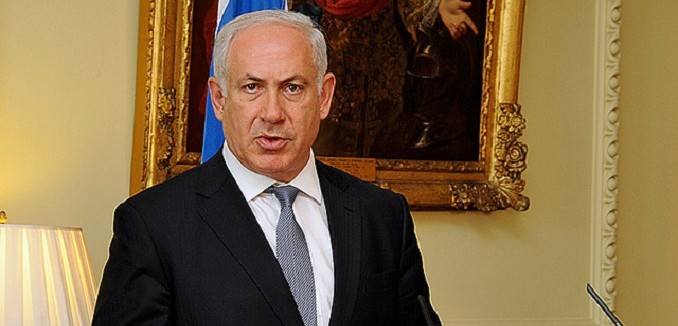Iran will be ready to begin discussing renewed negotiations, according to the country’s foreign minister, just as soon as the regime gets around to forming a new negotiating team. The team is to be composed by President-elect Hassan Rouhani after his inauguration, though Rouhani and his team have little control over Iran’s negotiating posture, which by law, politics, and custom is set directly by Supreme Leader Ali Hosseini Khamenei.
The declaration will not do much to assuage fears – voiced by among others U.S., E.U, and U.N. diplomats, Israeli officials, the IAEA, top U.S. military officials, and Saudi Foreign Minister Saud al-Faisal – that Tehran is using the pretense of negotiations to lock in critical nuclear infrastructure.
Those concerns were echoed over the weekend by Prime Minister Benjamin Netanyahu, who spoke to CBS’s “Face the Nation”. Netanyahu referred to Iran’s Rouhani – a clerical revolutionary and regime insider – as a “wolf in sheep’s clothing.” He reiterated that because Israel is significantly closer to the Islamic Republic than is the United States and that the Jewish state’s timeline regarding Iranian progress – because Israel is a smaller country with more limited resources – is shorter and more urgent than Washington’s. The prime minister emphasized the need for “urgency”:
SCHIEFFER: Well, the United States has said that we won’t tolerate a nuclear Iran. What else can we say?
NETANYAHU: I think it’s very important to make clear to them that you won’t allow them to have this weapon and to demonstrate that by action. That is, you can also make clear that the nuclear option which is — the military option which is on the table is truly on the table. The Iranians take note of that. Right now my sense is in the international community as a whole that because so many things are happening in the Middle East, things are happening, as you say, in Syria, in Egypt, with the Palestinians, there are many important issues that we have to deal with. And I have a sense that there’s no sense of urgency. And yet on Iran — and yet Iran is the most important, the most urgent matter of all. You should just talk to many of the leaders in this region and they will tell you that. Because all the problems that we have, however important, will be dwarfed by this messianic, apocalyptic, extreme regime that would have atomic bombs. It would make a terrible — a catastrophic change for the world and for the United States, of course, for my country as well. So I think we have our eyes fixed on Iran. They have to know that we’re serious. They have to know that there won’t be an alternative route that they could reach the bomb if they think that, and they think we’ll let them do it, if they think that Israel will let them do it, they’re sorely mistaken.
Netanyahu also warned that Tehran was pursuing “alternate routes” to nuclear-weapons capability. Iran has admitted to locking in advanced IR-2m centrifuges in its Natanz facility, which would permit the regime in Netanyahu’s words to “jump the line” and develop a uranium-based nuclear weapons capability before the West could intervene. Tehran has also bragged that it is bringing online its plutonium reactor, which would provide the regime with an addition route to developing a nuclear weapon.
When asked what would prompt Israel to attack Iran, Netanyahu replied, “Well, I can tell you I won’t wait until it’s too late.”




